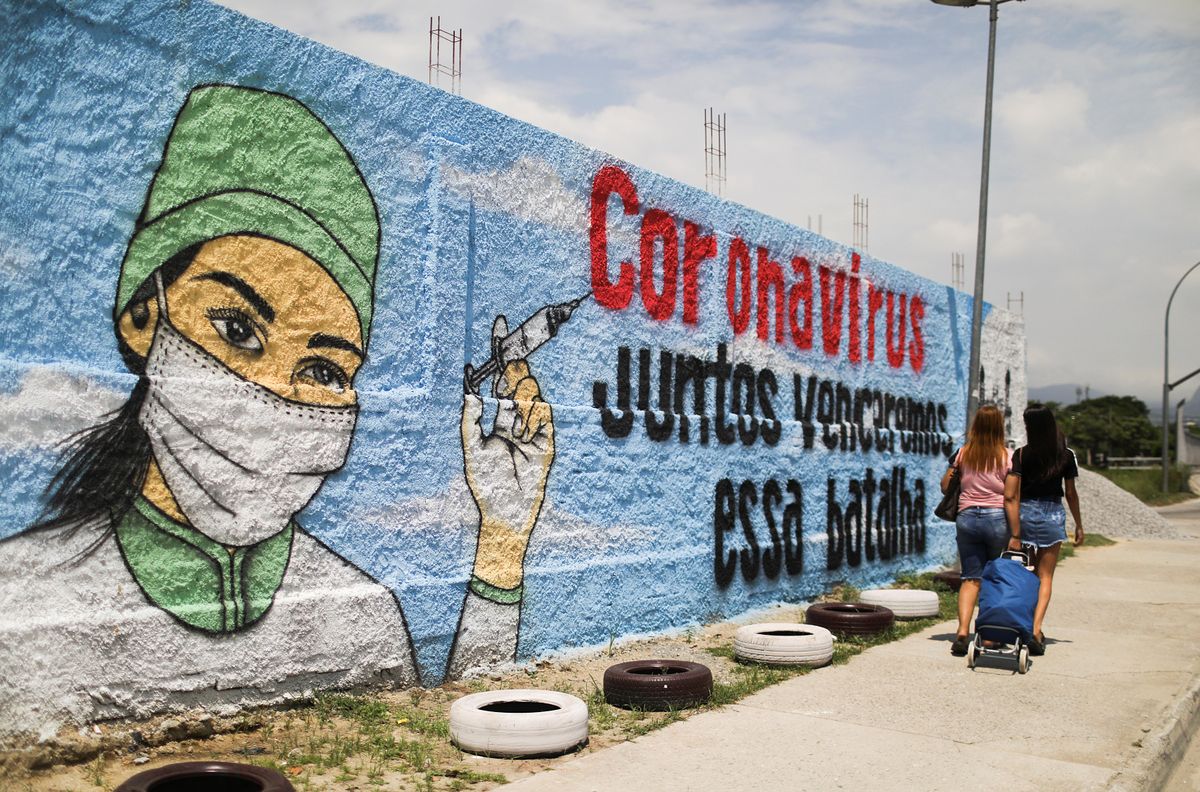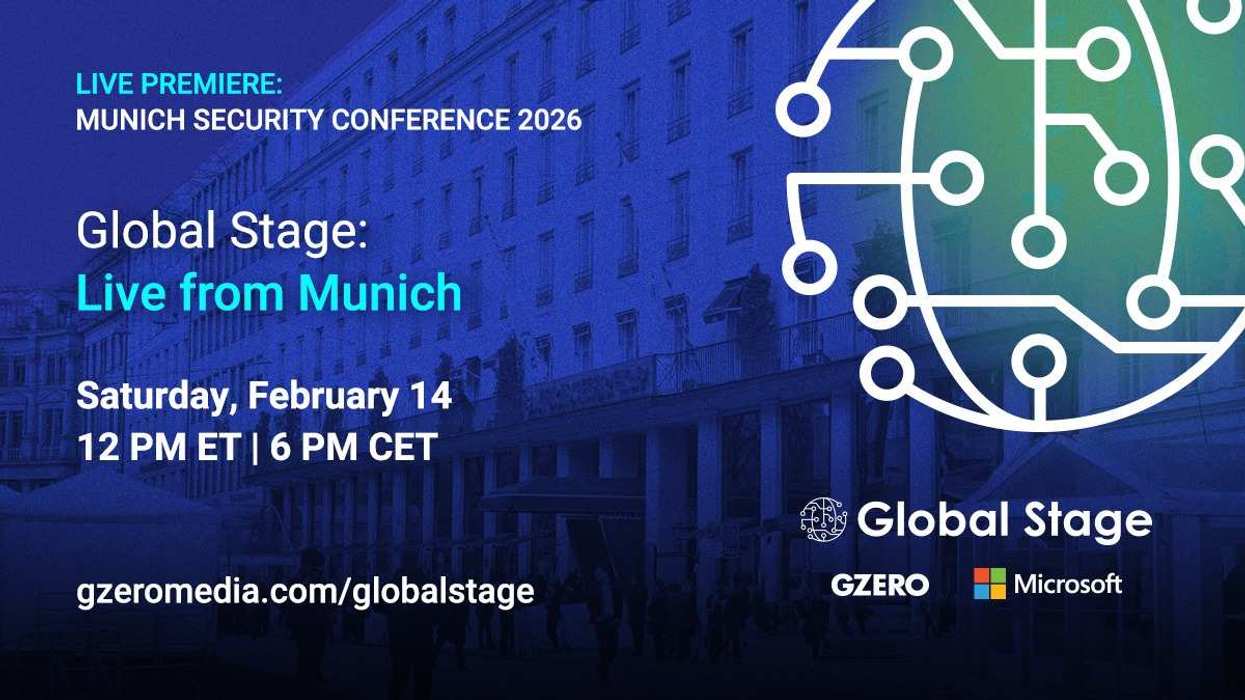Brazil's healthcare system is on the verge of collapse: Brazil recorded more than 90,000 new COVID-19 cases on Wednesday, the country's highest daily caseload since the pandemic began. As the country grapples with the world's second highest death toll, even President Jair Bolsonaro, a COVID skeptic who has rejected masks and refused a vaccine, warned this week that Brazil is entering a "more aggressive phase" of the pandemic. Bolsonaro's refusal to take the virus seriously, and his attempts to stop state officials from enforcing lockdowns to curb the virus' spread, have led to a shambolic and fragmented pandemic response. That, in turn, has allowed the virus more time to mutate, giving rise to a new more contagious variant that is now ravaging the country, experts say. The country's sluggish vaccine rollout has only made things worse. Amid the chaos, Dr. Marcelo Queiroga, a cardiologist, was appointed Brazil's health minister this week, the country's fourth since the pandemic began. Queiroga said that he will need the president to grant him "full autonomy" to bring the country back from the abyss, but many analysts warn that it might be too late: Hospitals are nearing capacity in many states, ICU beds are scarce, and oxygen rationing has been rife, resulting in otherwise preventable deaths. Fiocruz, a Rio-based health institute, recently warned (Portuguese) that the crisis is "the biggest collapse of the hospital and health service in Brazil's history." While Bolsonaro appeared to defy gravity last year and maintain a steady approval rating, polls show that his star is falling: 54 percent of Brazilians now saying his handling of the pandemic has been "bad" or "awful." It doesn't help Bolsonaro's chances of making a comeback that the Supreme Court last week overturned the corruption conviction of popular leftist Luiz Inácio "Lula" da Silva, allowing the former president to run in Brazil's 2022 election.
Anti-Asian crimes in America: Tuesday's shooting spree at massage spas in the US city of Atlanta — which left eight people dead, among them six women of Asian descent — has cast a spotlight on rising crimes against Asian Americans. While the motive that compelled the shooter is still unclear (the police says he told them he was not targeting Asians, but in the past he had expressed anti-Asian views on Facebook), what is undoubtable is that there has a been a massive spike in violence suffered by Asian Americans since the pandemic began a year ago. The numbers are stark: hate crimes — from verbal harassment to violence resulting in death — against Americans of Asian origin increased by nearly 150 percent last year in 16 of the country's largest cities, and the advocacy group Stop AAPI Hate recorded almost 3,800 cases from March 2020 to the end of February 2021. Importantly, these are all self-reported incidents, so the real number could be much higher, particularly among older people who might be fearful of reporting crimes. Experts believe that COVID-19's origin in the Chinese city of Wuhan, and racist statements made by some Republican politicians, have both significantly contributed to the problem (even after the Atlanta shooting, former president Trump referred to COVID as the "China virus" in a public statement). Meanwhile, Asian countries like the Philippines are calling on the US government to do more to protect their nationals and American citizens of Asian origin. President Joe Biden has said that violence against people of Asian descent "must stop", and we're watching to see what actions he -- as well as local governments and communities -- are prepared to take to make that happen.


















